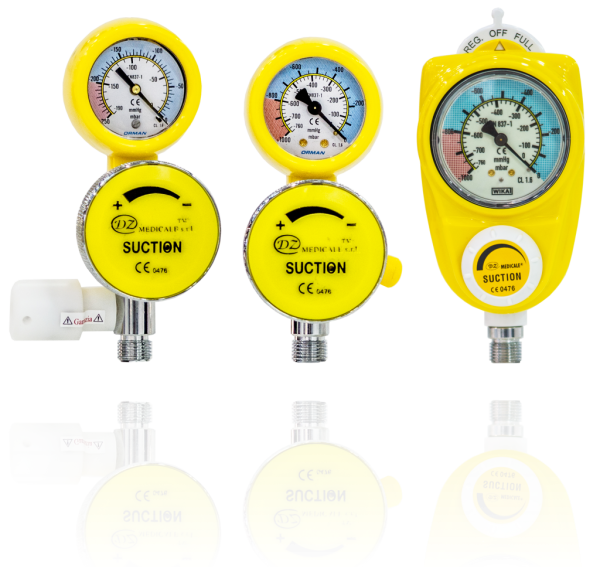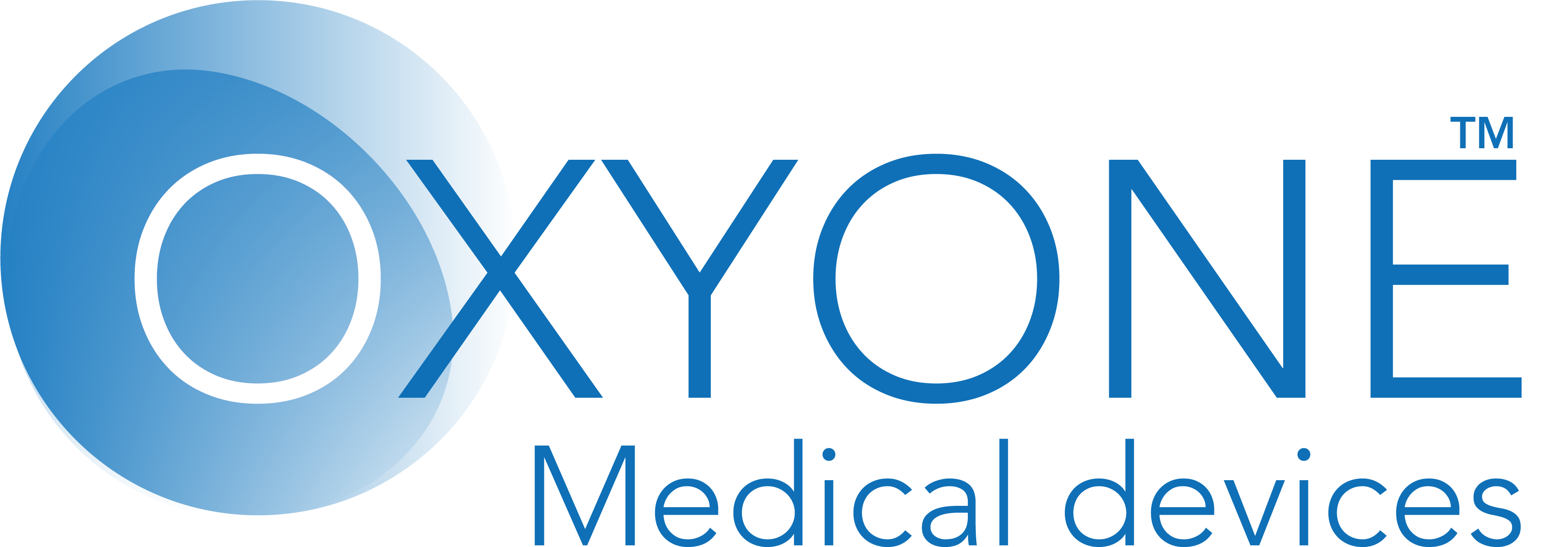Breathing New Life: Innovations and Humanity in Respiratory Care
Respiratory care has always been a vital component of modern medicine, but recent years have brought it into the limelight, demanding rapid advancements in technology and a renewed focus on the human touch in patient care. From smart ventilators to the courageous work of respiratory therapists, the field is experiencing a renaissance that is reshaping the future of patient support. Let’s delve into these transformative changes.

Technological Advancements in Respiratory Care
In the wake of the pandemic, respiratory care units (RCUs) have seen an influx of new technologies designed to offer more precise and adaptable support for patients. Smart ventilators now come equipped with sensors that provide real-time feedback on a patient’s breathing and can adjust oxygen levels, pressure, and humidity in response to the patient’s needs. These ventilators are increasingly integrated with electronic medical records (EMRs), enabling a seamless flow of data that keeps the entire care team informed.
Artificial intelligence (AI) is another frontier in respiratory care. Algorithms can now analyze vast amounts of respiratory data to predict patient trends, offering critical insights that can preempt complications before they become emergencies. This proactive approach to respiratory care is setting a new standard in patient monitoring and intervention.
The Human Side of Respiratory Care: More Than Just Machines
While technology continues to evolve, the heart of respiratory care remains the compassion and skill of the healthcare professionals who operate these machines. Respiratory therapists are the unsung heroes of RCUs, providing not only technical expertise but also emotional support to patients struggling to breathe.
These professionals work tirelessly, often forming close bonds with their patients during the recovery process. Their role extends beyond the manipulation of dials and monitors; they are educators, advocates, and confidants to those in their care. The human connection they offer can be just as healing as the oxygen delivered through a tube.

Pushing the Boundaries: Innovation in Respiratory Support Equipment
The future of respiratory support is bright with innovative equipment designed to improve patient outcomes and quality of life. Portable respiratory support systems are revolutionizing home care, allowing patients to enjoy more mobility and a better quality of life outside the hospital setting. These devices are getting smaller, more efficient, and more user-friendly, enabling a seamless transition from intensive care to home recovery.
Wearable technology is another exciting development. Imagine smart patches that monitor respiratory function and alert patients and caregivers to changes that may require attention. Such devices could offer a new level of freedom for patients with chronic respiratory conditions, ensuring that they are only a step away from help if their condition worsens.
Conclusion: A Future Focused on Care and Innovation
As we look to the future, the landscape of respiratory care is one of hope and progress. The integration of advanced technologies with the irreplaceable human element is paving the way for a more responsive and compassionate approach to respiratory challenges. Innovations in respiratory support equipment are promising a future where respiratory care is more accessible, less intrusive, and more attuned to the needs of patients.
In the world of respiratory care, the breath of innovation is as vital as the air we breathe. It’s a field where technology meets humanity, and together, they are setting the stage for a future where every breath is supported by the best of both.
